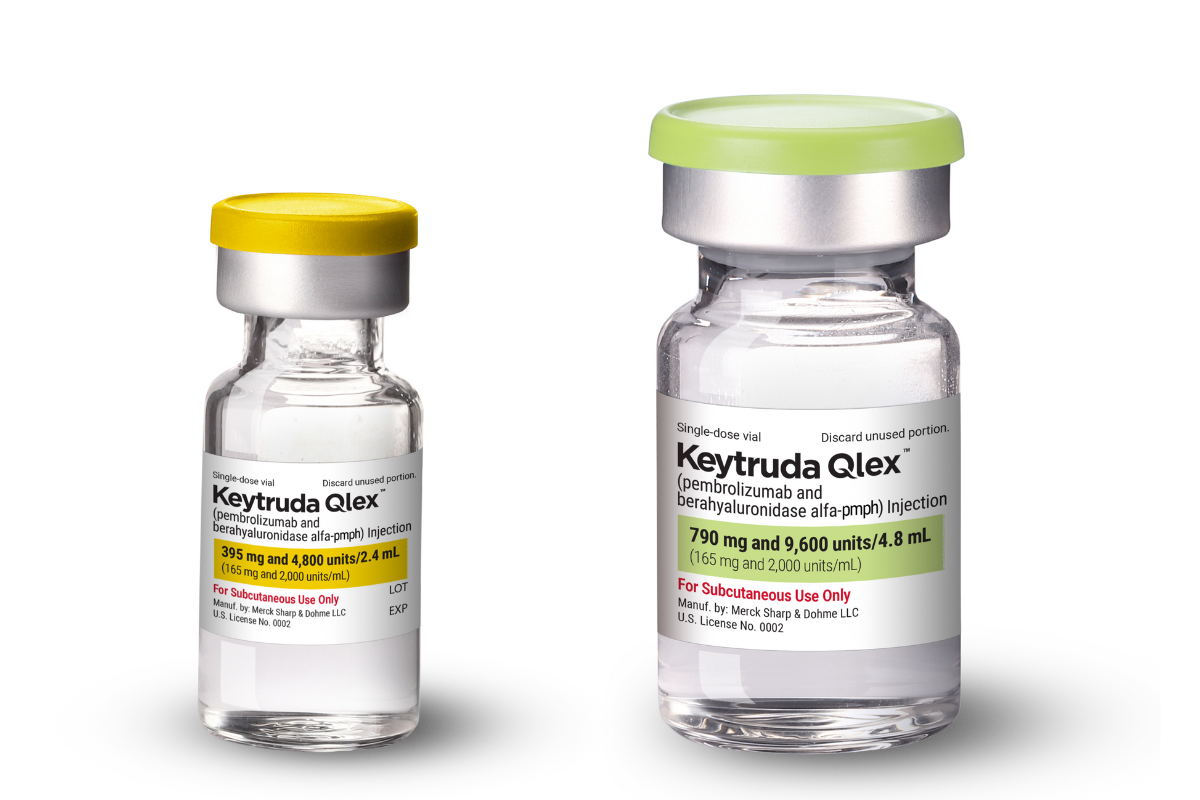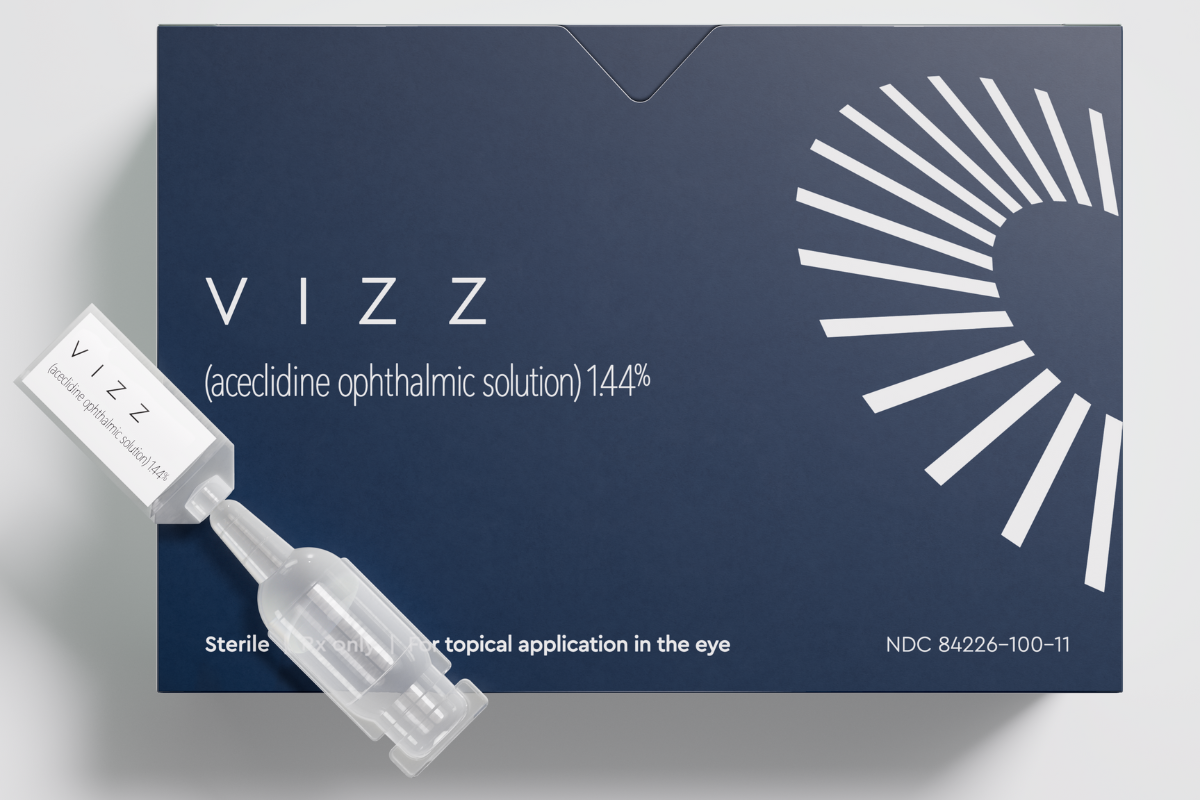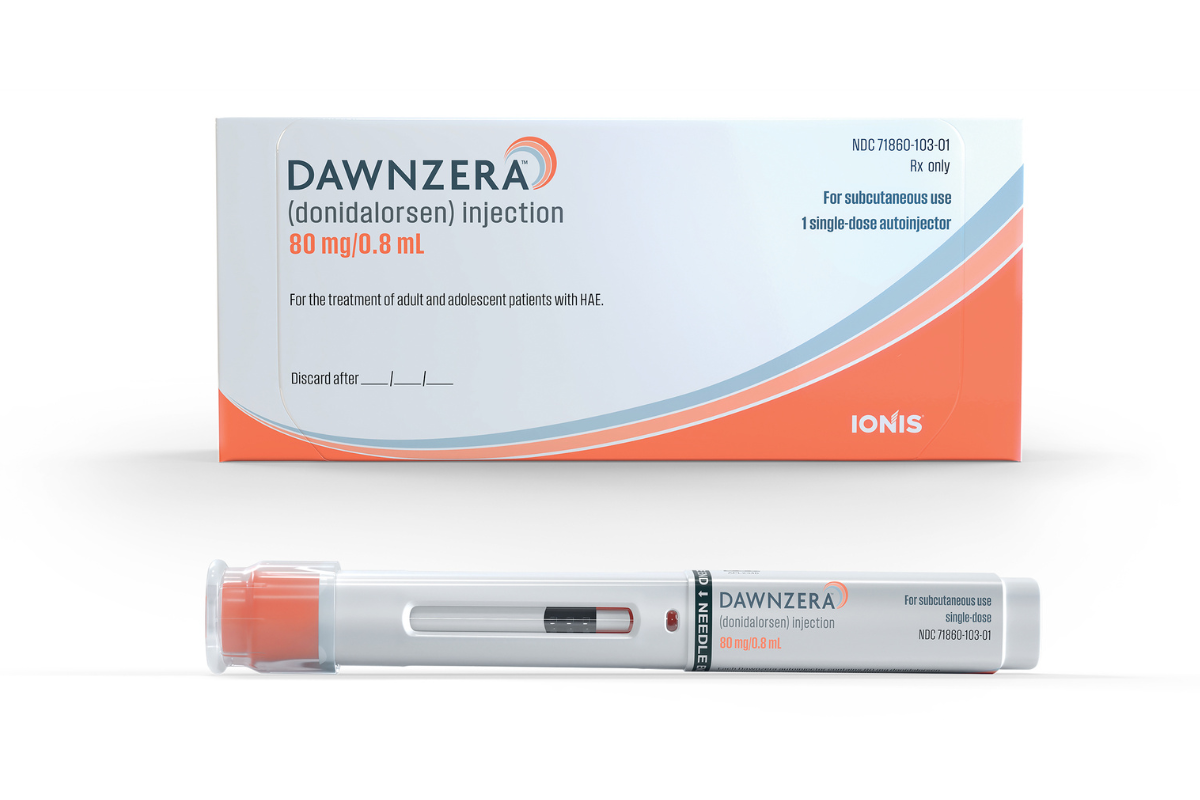Pfizer Inc. (NYSE: PFE) and BioNTech SE (Nasdaq: BNTX) have announced that they are beginning a trial to evaluate the safety and efficacy of a third booster dose for their COVID-19 vaccine (BNT162b2), as well as new vaccine variants.
The study is part of a broad development plan to assess the durability of the immunogenic responses elicited by its vaccine and the emergence of new SARS-CoV-2 variants. The study will be a part of current Phase I, II and III trials. The third booster will be given to participants from the Phase I study in the US. They will be given the opportunity to receive a third 30 µg booster six to 12 months after having received the initial two-dose schedule.
Pfizer/BioNTech are executing the three-dose study to also determine the effectiveness of a third dose against evolving variants as part of their clinical development strategy.
In addition, the companies are also engaged in discussions with regulatory agencies, including the US Food and Drug Administration (FDA) and the European Medicines Agency, with respect to a registration-enabling study for the evaluation of a variant-specific vaccine with a new mRNA code. The new mRNA sequence would be based on the B.1.351 lineage that was first identified in South Africa. This variant now accounts for the majority of COVID-19 cases (> 90 percent) in the country.
The company hopes to position itself so it can quickly update its current vaccine if needed in light of new circulating strains of SARS-CoV-2.
Related: Could Pfizer and BioNTech’s COVID-19 Vaccine be Stored at Standard Freezer Temperatures?
“While we have not seen any evidence that the circulating variants result in a loss of protection provided by our vaccine, we are taking multiple steps to act decisively and be ready in case a strain becomes resistant to the protection afforded by the vaccine. This booster study is critical to understanding the safety of a third dose and immunity against circulating strains,” said Albert Bourla, chairman and chief executive officer, Pfizer, in a press release from the company.
Bourla added that, “At the same time, we are making the right investments and engaging in the appropriate conversations with regulators to help position us to potentially develop and seek authorization for an updated mRNA vaccine or booster if needed.”
The third booster study aims to assess the safety, tolerability and immunogenicity of a third dose of BNT162b2. The study will kick off with 144 participants in the Phase I study, which will include two age groups: adults 18 to 55 and 65 to 85 years of age.
The “boostability” of the vaccine will be studied among the trial participants who have already received two doses of the shot six to 12 months ago. The third dose will be administered to the participants regardless of antibody titer levels. After the third dose, antibody levels will be assessed at the time of the third dose, and then one week and one month thereafter.
Sera from individuals will also be taken to evaluate neutralization of different SARS-CoV-2 strains in in vitro studies. The participants will continue to be followed in the study for up to two years as per the original study plan.
“Our proactive clinical development strategy aims to create the foundation today, that will enable us to address the challenges of tomorrow. We want to be prepared for different scenarios,” said Ugur Sahin, CEO and co-founder of BioNTech. “Therefore, we will be evaluating a second booster in the current regimen as well as preparing for a potential rapid adaption of the vaccine to address new variants which might escape the current version of our mRNA-based vaccine.”
Pfizer/BioNTech’s COVID-19 vaccine has not been approved or licensed by the FDA, having only been given the go-ahead by the regulator under an Emergency Use Authorization (EUA).
The companies are also looking to seek validation of any modified mRNA vaccines they develop against new variants through regulatory pathways similar to those for flu vaccines. In fact, the FDA issued updated guidance on the emergency use of vaccines to prevent COVID-19 that includes recommendations for evaluating a modified vaccine to address variants.
BioNTech developed the vaccine using its proprietary mRNA platform technology in partnership with Pfizer.
“The flexibility of our proprietary mRNA vaccine platform allows us to technically develop booster vaccines within weeks, if needed. This regulatory pathway is already established for other infectious diseases like influenza. We take these steps in order to ensure a long-term immunity against the virus and its variants,” said Sahin.












Join or login to leave a comment
JOIN LOGIN